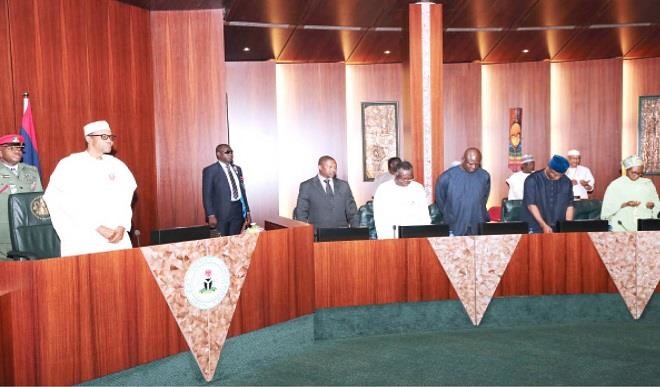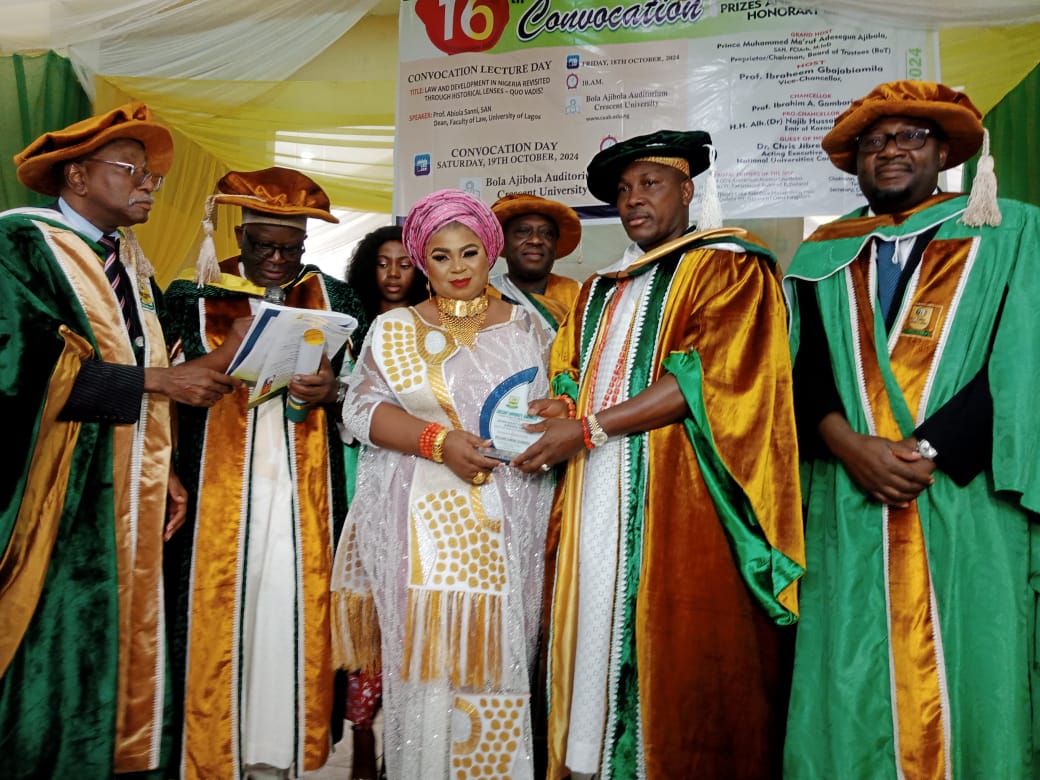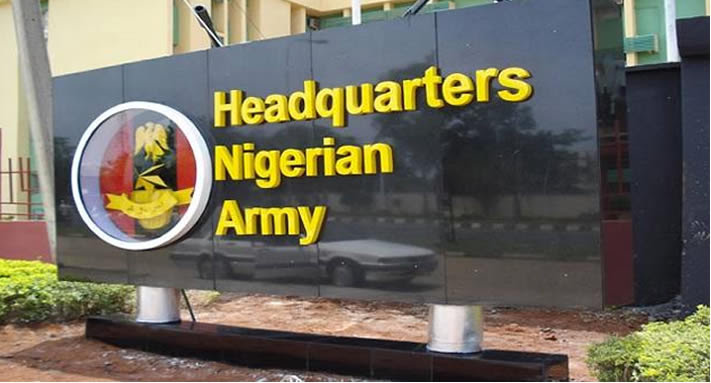
Minister of budget and national planning, Udoma Udo Udoma, disclosed this to State House correspondents after a marathon FEC meeting presided over by President Muhammadu Buhari at the Presidential Villa, Abuja.

Wednesday FEC meeting was the longest as it was said to have lasted for about six hours due to crucial matters that were being deliberated upon, particularly the issue of the budget.
It would be recalled that the President had recently said he would ensure that 2017 budget would not be padded.
The meeting, the Budget and National planning minister, Udoma, was joined by the Minister of Power, Works and Housing, Babatunde Fashola, and Special Adviser to the President on Media and Publicity, Mr. Femi Adesina.
According to him, the MTEF, which was described by the Senate as empty, is a comprehensive document that emanated from wide consultations with key stakeholders.
He said, “The budget has been approved by the Federal Executive Council. The details will be revealed when the president presents the budget to the National Assembly.
“The MTEF was a very well prepared document after extensive consultations. We consulted the private sector, NGOs, etc.
“But the assumptions of that MTEF were assumptions which were true and correct as of the time it was prepared in August. Naturally, the estimates may vary; every time you (have to) improve on your estimate based on the latest estimates,” the minister said.
Udoma noted that one of the issues raised by the Senate was the exchange rate which the executive put at N290 to a dollar and explained that, it was the valid exchange rate at the time.
He however said the executive would engage the National Assembly members and take them through each item one by one, insisting that the MTEF was extremely well prepared and consistent with the best possible methods of preparation by people who were very experienced in preparing MTEFs.
On when the President will present the budget to the National Assembly, he said: “With regards to the date, the President will be communicating to the National Assembly and, of course, it will be at the National Assembly’s discretion ultimately. The President will write to them, and after they confirm, then the President can come to address them.”
On level of implementation of the 2016 budget, he said, “As you are well aware, we’ve had revenue constraints. Nevertheless, as we have been briefing you regularly every month and you are up to date, we have paid all personnel in full.
“We have met all our personnel emoluments in full. Overheads, we have met a good proportion of the overheads. And capital, we have released almost N800 billion in terms of capital to date.”
During the briefing, the Minister of Power, Works and Housing, Babatunde Fashola, said the council also approved the commencement of the Federal Secretariat complex in Ekiti State.
He stated that it was a project conceived in 2000, but no funding was provided for it, until now. He also revealed that the Federal Government was embarking on the furnishing of the Federal Secretariat in Gombe State.
Fashola recalled that over the years, when new states were created, delimitation of boundaries and assets sharing had created challenges for younger states which had to host federal officers and that, he said, put pressure on their resources.
He further noted that, over the years, there had been progressive expansion of Federal secretariats in those states.
“We have 23 now out of 36 and another half a dozen in various states of construction and completion,” he said.
The power minister added that the other matter they considered was in furtherance of incremental power initiative and rural electrification initiative.
He said that was with respect to the small hydro dams which could help get more energy, especially to rural areas, to support farming, irrigation, water supply and rural electrification.
He said the Council approved the business case for concessioning and development of Ikere Gorge Dam in Oyo for six megawatts of electricity; Bakolori Dam in Zamfara for 3.2 megawatts; Jibiya Dam in Katsina for four megawatts; Zobe Dam for 0.29 megawatts (290 kilowatts) in Katsina; Kampe Omi in Kogi for two megawatts of electricity and Doma Dam in Nasarawa for one megawatt of hydroelectricity.
“Not only do these projects further our quest for incremental energy wherever there is legitimate opportunity, they further our quest for renewable energy as well, because hydroelectricity is also clean energy,” Fashola said.









